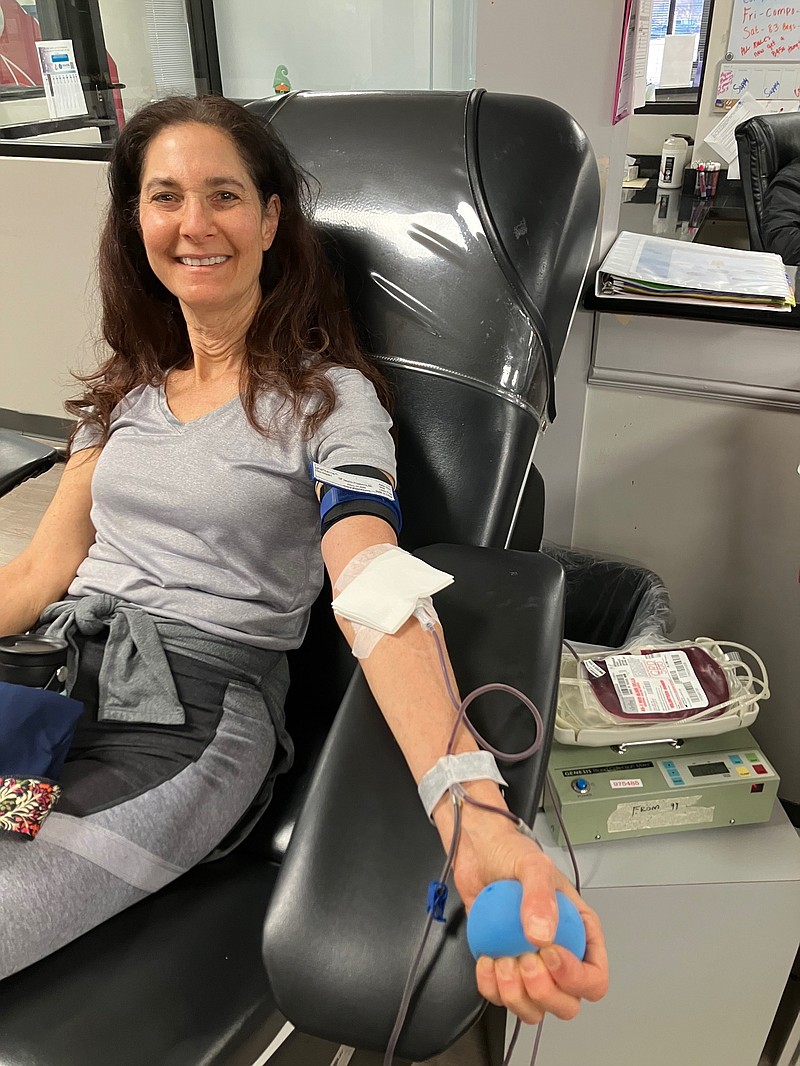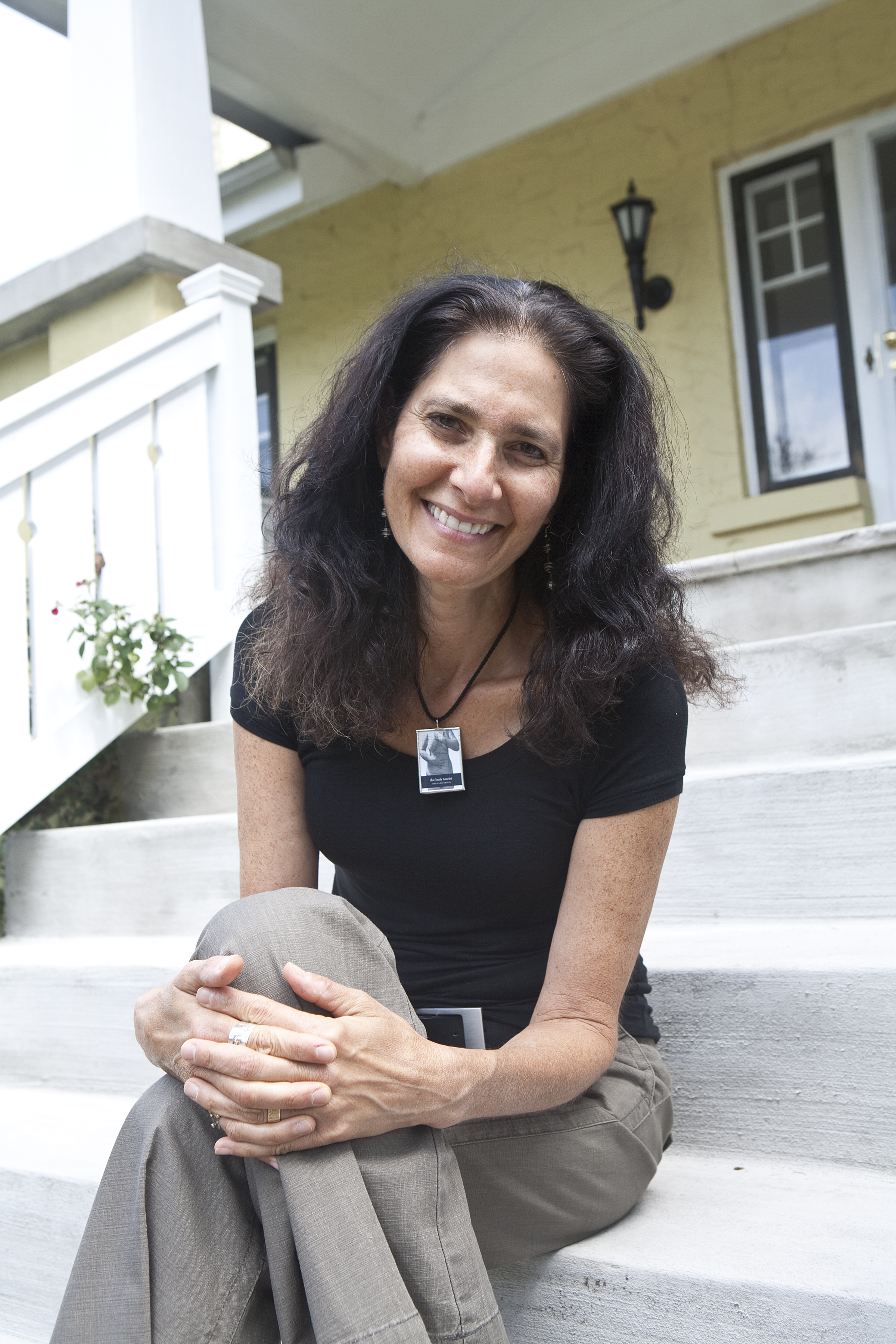Not too long ago, I walked out of a two-hour pickleball session and decided, on a whim, to donate blood. It was kind of a no-brainer. The bloodmobile was parked right beside my car, I had a little time to spare, and so, I thought, why not let someone ram a needle up my arm and drain me dry? It'll be fun! So I rolled up my sleeve and stepped inside.
I'm here to report that no one rammed anything. The needle was small and slipped painlessly into my waiting vein, the technician left me with plenty of blood, and in exchange for my good deed I was gifted peanut butter crackers and a renewed sense of self-worth. If you haven't donated blood recently, or ever, I highly recommend you do it. It's effortless (you lie on your back for 15 minutes and do nothing more strenuous than clenching and unclenching your fist), and your blood will save lives. Also, did I mention the free crackers?
A few days after I donated, I received a call asking if I would participate in a survey that was part of the National Institutes of Health's All of Us research program. (In case you're interested, there's more information at joinallofus.org/bloodassurance-bloodcenter.) Their goal, as stated on their website, is to "speed up and improve health research."
As someone who is often accused of being impatient, I related to the NIH's sense of urgency. So I filled out the survey as quickly as possible, coughed up (literally) the required saliva sample and mailed it in. There are no free peanut butter crackers for doing this, only the knowledge that you are contributing to the fields of science, genetics, mental and physical health, personality development and medicine. You can decide for yourself if the absence of crackers is enough to make you think twice about participating. Or maybe you think the NIH is in cahoots with an obscure pizza restaurant in Washington, D.C., and is secretly using your information to make clones of you. In which case, you're a narcissist, and, to quote renowned TV psychotherapist Bob Newhart, "Just stop it."
What was fun about completing the NIH survey was how much I got to think about myself. It was, without exception, all about me, and the questions were both broad and narrow. Did I like cilantro? Had I ever broken a bone? How is my sleep? When I'm at a gathering, do I tend to talk more or listen more? Am I spontaneous, or am I a planner? How do I react to stress?
When I submitted my completed survey, I could choose whether to receive information back that, along with my DNA (saliva sample), would shed light on my ancestry, my genetics and, to some extent, my health. But only if I wanted the information. Self-knowledge is always a choice, and the NIH is aware that there are people who want to know everything about everything and people who would rather go bowling.
Most of what my results revealed I already knew. I knew that my heritage is primarily Eastern European, that I like cilantro, am disciplined and sociable, and that I am generally emotionally resilient, with the exception of the occasional pickleball meltdown and those rare times I am called on to interact with a baby. I did not know my earwax type or that I am especially sensitive to bitterness, although if I am reading between the lines, then I must admit that yes, I have some sort of uncanny radar for seeking out the negative in situations and then holding myself responsible. According to my results, I may also be inching toward lactose intolerance, which would be one more thing in my life I find myself intolerant of in a long list that includes daddy long legs, people who dump animals, menopausal bloat and casseroles of any kind.
The prospect of self-knowledge should not stop you from donating blood or participating in the All of Us research study. We are all in this life together, and the more data we have on record about what makes each of us tick, the better we become at finding solutions when something goes awry. So at the very least, go grab a seat on the bloodmobile bus and enjoy those peanut butter crackers. If you are so inclined, fill out the All of Us research survey. And then pat yourself on the back. Because regardless of whatever else you learn about yourself, this much is true: In big and small ways, you are helping.
Dana Shavin is an award-winning humor columnist for the Chattanooga Times Free Press and the author of a memoir, "The Body Tourist" and "Finding the World: Thoughts on Life, Love, Home and Dogs," a collection of her most popular columns spanning 20 years. You can find more at danashavin.com.

